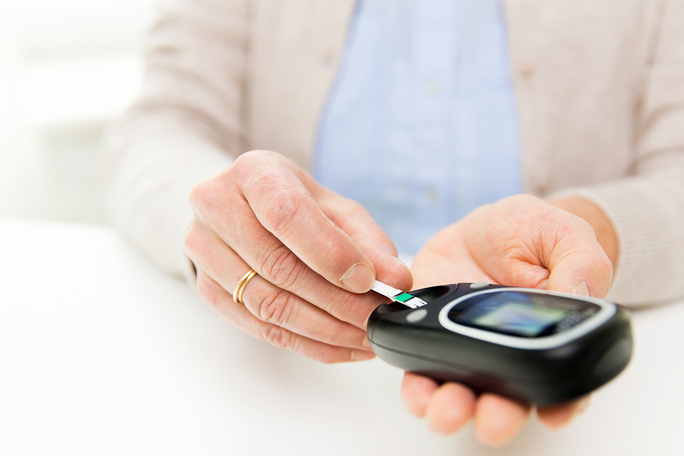Understanding diabetes risk and prevention can help limit additional health problems.
One out of three Americans age 20 and older suffers from prediabetes. This means they have high blood sugar, but it isn’t elevated enough to be classified as diabetes. Therefore, understanding your own diabetes risk is crucial. It can help you take preventative steps to protect your health.
Without intervention, Type 2 diabetes can lead to heart disease and stroke. As a result, by the time you’re diagnosed with diabetes, problems have often already begun. This includes problems with your heart, blood vessels, eyes and kidneys.
Who is at risk for diabetes?
You may be at risk for prediabetes if you:
- Are overweight, with a body mass index above 25
- Are 45 or older
- Have a family history of Type 2 diabetes
- Are of African-American, Hispanic, American Indian, Asian-American or a Pacific Islander descent
- Developed gestational diabetes when you were pregnant or gave birth to a baby who weighed more than 9 pounds
- Have polycystic ovarian syndrome — a condition characterized by irregular menstrual periods, excess hair growth and obesity
- Have high blood pressure
- Are physically active fewer than three times per week
What are the symptoms of prediabetes?
Most people with prediabetes have no symptoms. However, you might notice an increase in thirst, more frequent urination, blurred vision or extreme fatigue.
How is prediabetes diagnosed?
Your doctor can perform one of three simple blood tests. These include the fasting plasma glucose test, the oral glucose tolerance test or the hemoglobin A1C test. Each looks at your blood sugar levels and can help your doctor determine if you have prediabetes.
What can I do if I am prediabetic?
Not everyone with prediabetes will progress to diabetes. Therefore, if you have diabetes risk, you can prevent more serious health issues with lifestyle changes. Often these changes can return blood glucose levels to within the normal range. This can help delay or prevent Type 2 diabetes altogether.
Working with your doctor to determine your risk and how you can make healthier food choices is the best way to take control of your health.
If you are concerned you may be at risk for diabetes and are in need of a doctor, we are here for you. Call us at 513-952-5000 or make an appointment today.






